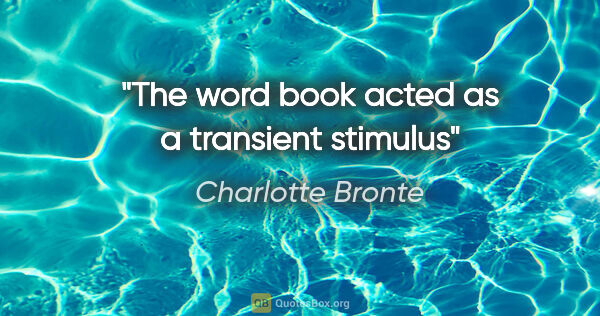Book Quotes (page 140)
She sits in her usual ample armchair, with piles of books and unopened magazines around her. She sips cautiously from the mug of weak herb tea which is now her substitute for coffee. At one time she thought that she could not live without coffee, but it turned out that it is really the warm large mug she wants in her hands, that is the aid to thought or whatever it is she practices through the procession of hours, or of days.
Alice Munro
Daniel Defoe was an English writer, journalist and spy, who gained enduring fame for his novel Robinson Crusoe. Defoe is notable for being one of the earliest practitioners of the novel and helped popularize the genre in Britain. In some texts he is even referred to as one of the founders, if not the founder, of the English novel. A prolific and versatile writer, he wrote over five hundred books, pamphlets, and journals on various topics (including politics, crime, religion, marriage,...
Daniel Defoe
Once upon a time, there was a prostitute called Maria. Wait a minute. "Once upon a time" is how all the best children's stories begin, and "prostitute" is a word for adults. How can I start a book with this apparent contradiction? But since, at every moment of our lives, we all have one foot in a fairy tale and the other in the abyss, let's keep that beginning.
Paulo Coelho
I do use husbands a bit (in books). It's what writers of this kind do, actually. I am quite careful to try to keep the family out of my writing. You find, on the whole, that men will forgive you everything if you say they are good in bed and the women if you say they are beautiful. It's the way to turn away wrath.
Fay Weldon
I have nearly finished 'The Morte D'Arthur'. ...The book itself is a glorious feast: I don't know how to explain its particular charm, because it is not like anything I ever read before: and yet in places like all of them... I am just longing for Saturday when I can plunge into it again.
C. S. Lewis
In reading we must become creators. Once the child has learned to read alone, and can pick up a book without illustrations, he must become a creator, imagining the setting of the story, visualizing the characters, seeing facial expressions, hearing the inflection of voices. The author and the reader "know" each other; they meet on the bridge of words.
Madeleine L'Engle





